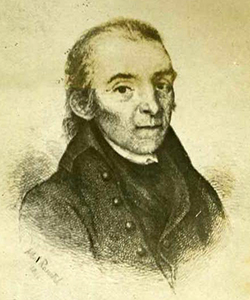
The Council Extraordinary was a committee established by the General Assembly to exercise executive powers jointly with the governor in revolutionary North Carolina. Under the emergency conditions caused by the British invasion of the state in 1780 and 1781, the governor had little power and was unable to act effectively. Governor Abner Nash had urged the creation of a three-member Board of War to assist him on military matters when the Assembly was not in session. The board was established by the Assembly on 12 Sept. 1780, but Nash soon turned against it because he felt that it was encroaching on his powers. Nevertheless, he still believed that an advisory board with executive authority was necessary.
Accordingly, the Assembly abolished the Board of War in January 1781 and replaced it with another three-member board, called the Council Extraordinary, whose members were to be "elected by joint ballot of both houses." The Council Extraordinary was to last only until the end of the next session of the Assembly, and it had the powers once held by the Board of War and the Council of State. Like the Board of War, the Council Extraordinary divided executive power, which reduced efficiency and caused squabbles over responsibilities and duties in state government. If there was any intention of extending the existence of the council, it was quickly squelched by the next governor, Thomas Burke. In June 1781 Burke pointedly called for the elimination of the Council Extraordinary, as the existence of such a board served to "divide the supreme military command."